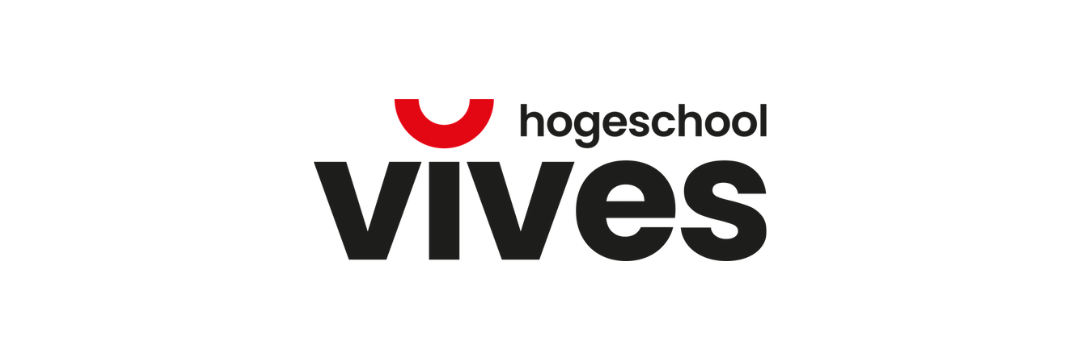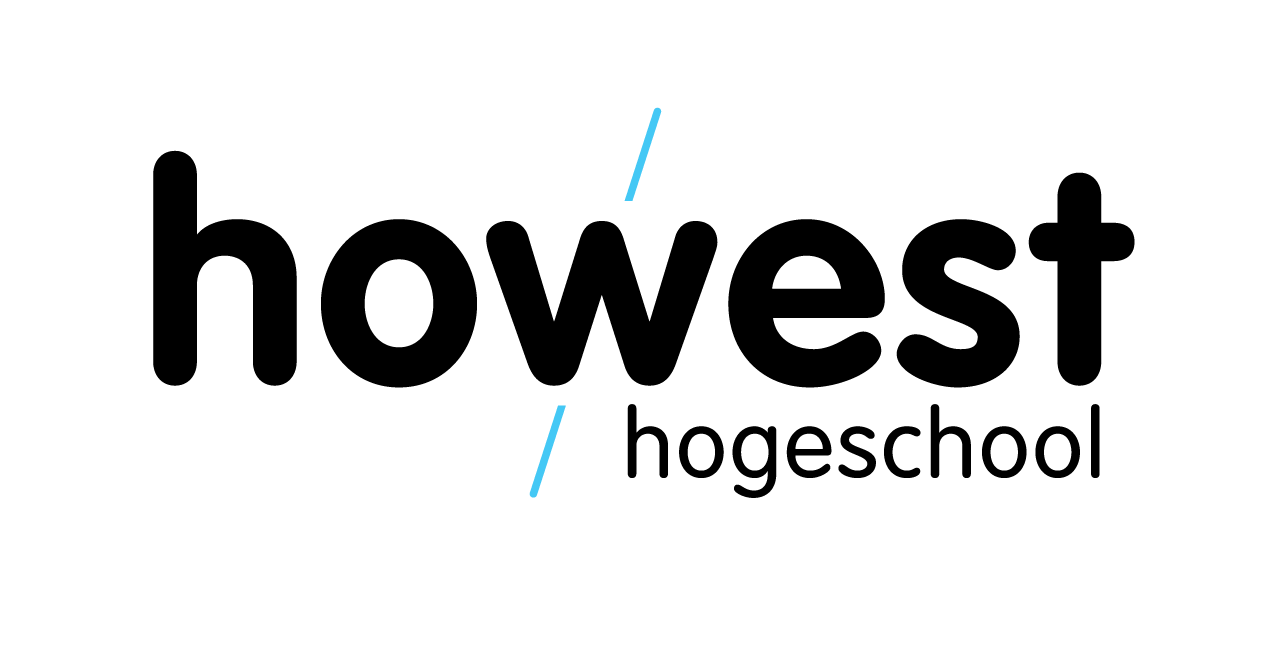Productive Campus: Future-proofing Vienna's economy through productive education
Productive Campus is a pilot project reimagining the relationship between vocational
education and urban production by exploring a hybrid infrastructure that enables
them to coexist, and benefits both the employees and students in building a resilient,
local, and circular economy.
In a time where many cities struggle with issues such as congestion, affordability, in-
adequate infrastructure, and unemployment, Vienna repeatedly tops the ranking of
the most livable cities in Europe. Due to rapid demographic expansion, infrastructural
demands, and evolving economic systems, the search for sustainable development
strategies of the post-industrial city has been dominating political discourse on urban
transformation over the last decades.
However, a different voice is heard, one that advocates for a re-appreciation of
productive economies as a driver for sustainable urban development. Production
has become an indispensable component of an innovative, sustainable urban econ-
omy due to the increasing interrelationships with knowledge, research and develop-
ment, and services. These productive industries are essential for instigating econom-
ic growth, creating jobs for a wide range of workers, and stimulating infrastructure
development. Additionally, their high contribution to Vienna’s value creation and
collaboration with businesses, communities and governments can further facilitate
urban development by addressing specific challenges. Hence, the City of Vienna developed the ‘Produktive Stadt’ in 2017 in close partnership with the Vienna Chamber
of Commerce and the Federation of Austrian Industry.
The mutual benefits of collaboration between on the one hand knowledge institutions in favour of innovation, adaptability, and on the other hand a more networked,
collaborative economy, no longer need to be the domain of universities and larger
research facilities. This thesis takes as a stance the potential for Austria’s wide range
of vocational disciplines in specialized schools for students at the Upper Secondary
Level. Such education trajectories prepare them for future employment in the pro-
ductive sector. It raises the question whether we can develop alternative models from
this collaboration for an inclusive environment for makers with various financial and
expert backgrounds, as well as ensuring qualitative, sustainable education through
early hands-on experience.
Through literature and policy evaluation, spatial analysis, and design research, a personal design proposal seeks to integrate socio-economic, and architectural strategies
in a newly emerging urban context through the architecture of a future-proof mixed-use productive education building.
The resulting architecture envisions adaptable, hybrid spaces that cater to traditional
and new industries, providing a flexible and sustainable environment for small businesses, self-employed people, and start-ups. The integration of these real-world working conditions in addition to the required general infrastructure for education, creates
an environment in which students are motivated to become good craftspeople. The
focus on inspiring makers goes even beyond the student population, since the local
diy’er, teachers and professionals are able to enjoy lifelong practical and theoretical
skill building. The importance of qualitative education and the re-integration of production on a mixed-use site, will by extension have a positive impact on enforcing
this economic growth and stability as well as creating a local identity for its residents.
Meer lezen













